de
Personen
Roland Imhoff
Publications (selection)
In Press
Imhoff, R., Bilewicz, M. & Hanke, K. et al. (in press).
"Explaining the Inexplicable: Differences in Attributions for the Holocaust in Germany, Israel, and Poland." Political Psychology.2023
Ecker, Y., Gilead, M., & Imhoff, R. (2023).
"An Examination of the Motivations to Maintain, Approach, and Avoid by Proximity to the Ideal State." Social Cognition, 41(1), 88–102.Ecker, Y., Gilead, M., & Imhoff, R. (2023).
"The Phenomenology of Maintenance Goals: Lower Threat and Greater Satisfaction with the Current State." Motivation and Emotion, 47(2), 246–256.2021
Ecker, Y., Imhoff, R., & Lammers, J. (2021).
"Self-Control Failure Increases a Strategic Preference for Submission as Means to Avoid Future Failure". Journal of Experimental Social Psychology, 95, 104155Lammers, J., & Imhoff, R. (2021).
"A Chronic Lack of Perceived Low Personal Control Increases Women and Men’s Self-Reported Preference for High-Status Characteristics When Selecting Romantic Partners in Simulated Dating Situations". Social Psychological and Personality Science, 19485506211016309.Lammers, J. & Imhoff, R. 2021.
"A Chronic Lack of Perceived Personal Control Increases Women and Men’s Self-Reported Preference for High-Status Characteristics When Selecting Romantic Partners in Simulated Dating Situations." Social Psychological and Personality Science, 12(7), 1345–1357.2020
Koch, A., Dorrough, A. R., Glöckner, A., & Imhoff, R. 2020.
"The ABC of society: Perceived similarity in agency / socioeconomic success and conservative-progressive beliefs increases intergroup cooperation." Journal of Experimental Social Psychology.2018
Imhoff, R., Koch, A. & Flade, F. 2018.
"(Pre)occupations: A Data-Driven Model of Jobs and Its Consequences for Categorization and Evaluation." Journal of Experimental Social Psychology, 77, 76-88.2017
Banse, R., Schmidt, A. F. & Imhoff, R. 2017.
"Aggression from the Perspective of the Reflective-Impulsive Model: Testing Predictions Using Indirect Measures.” In: R. Deutsch, B. Gawronski, W. Hofmann (Eds.), "Reflective and Impulsive Determinants of Human Behavior." New York, NY: Psychology Press, 239-256.2016
Imhoff, R. 2016.
"Zeroing in on the Effect of the Schizophrenia Label on Stigmatizing Attitudes: A Large Scale Study.” Schizophrenia Bulletin, 42 (2), 456-463.Imhoff, R. & Koch, A. S. 2017.
"How Orthogonal Are the Big Two of Social Perception? On the Curvilinear Relationship Between Agency and Communion." Perspectives on Psychological Science, 12(1), 122-137.Koch, A., Imhoff, R., Dotsch, R., Unkelbach, C. & Alves, H. 2016.
"The ABC of Stereotypes About Groups: Agency/Socioeconomic Success, Conservative–Progressive Beliefs, and Communion." Journal of Personality and Social Psychology, 110(5), 675–709.2015










